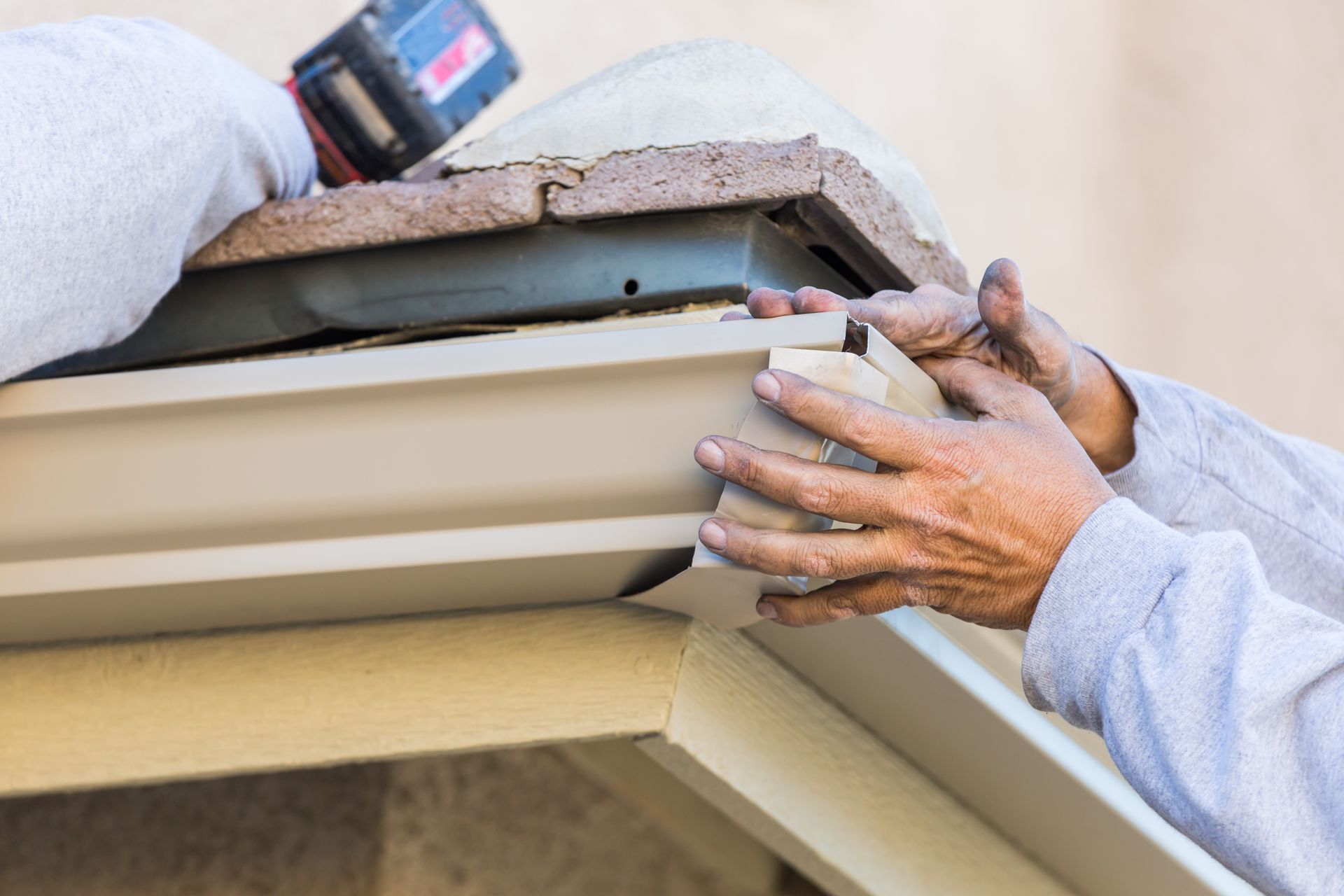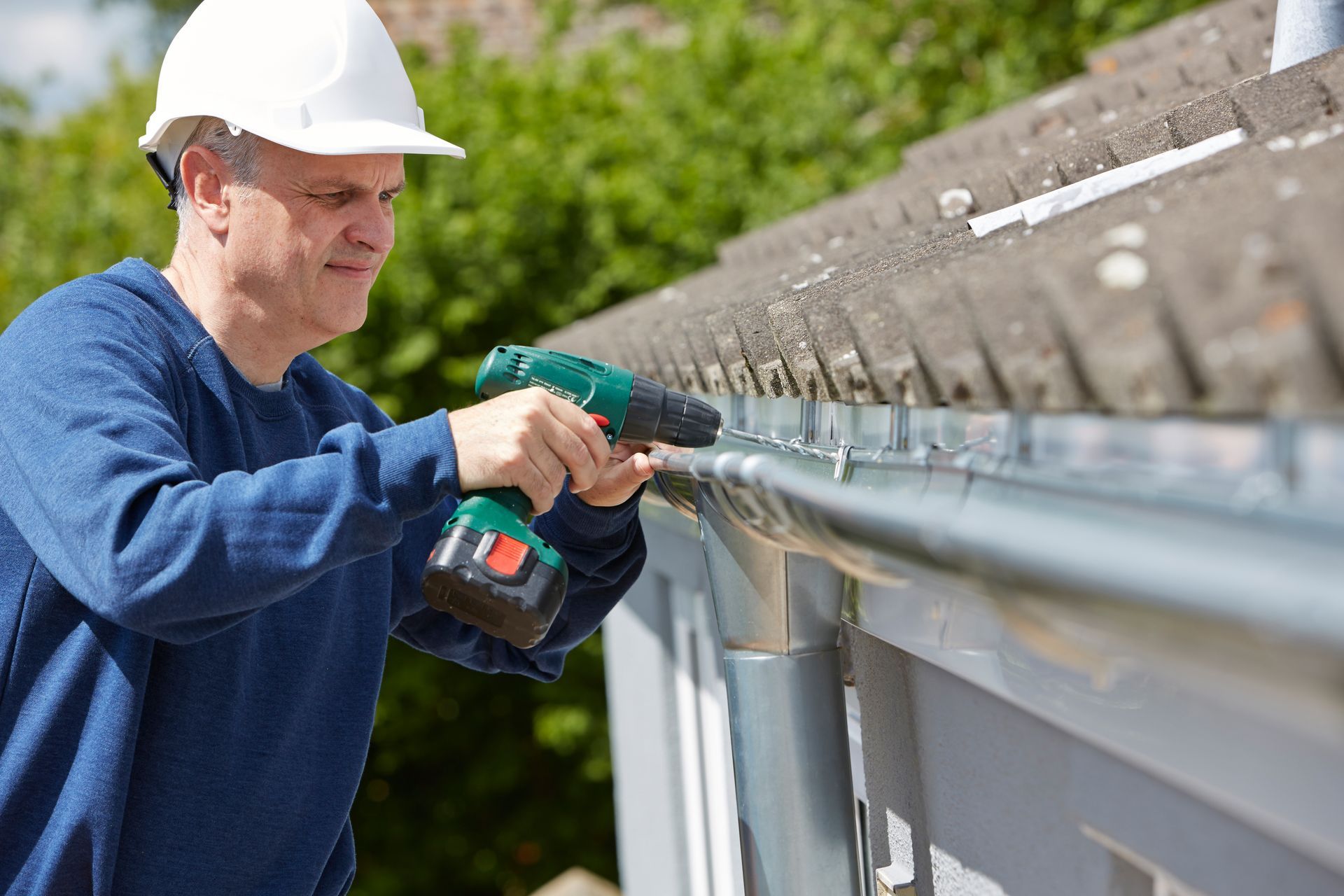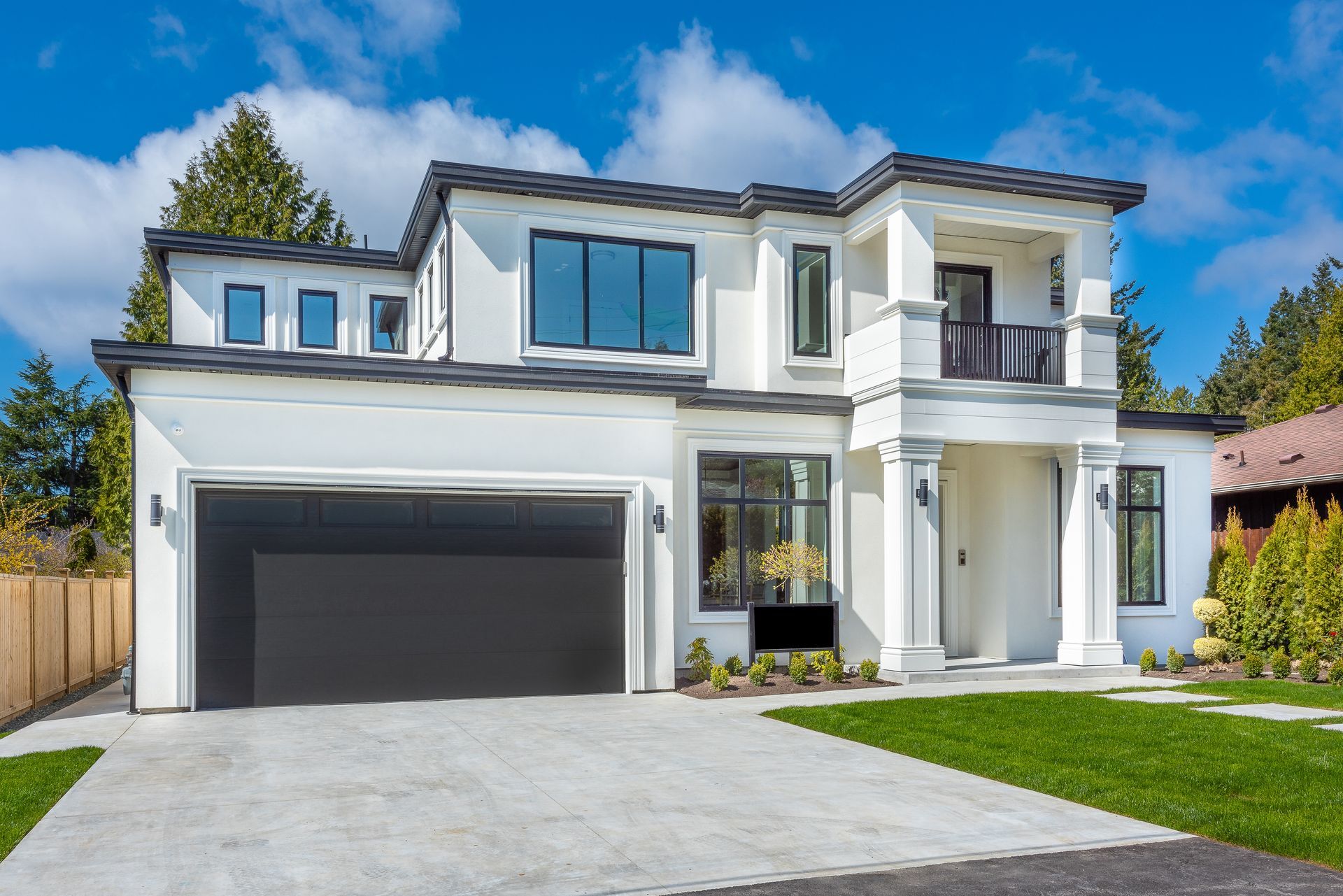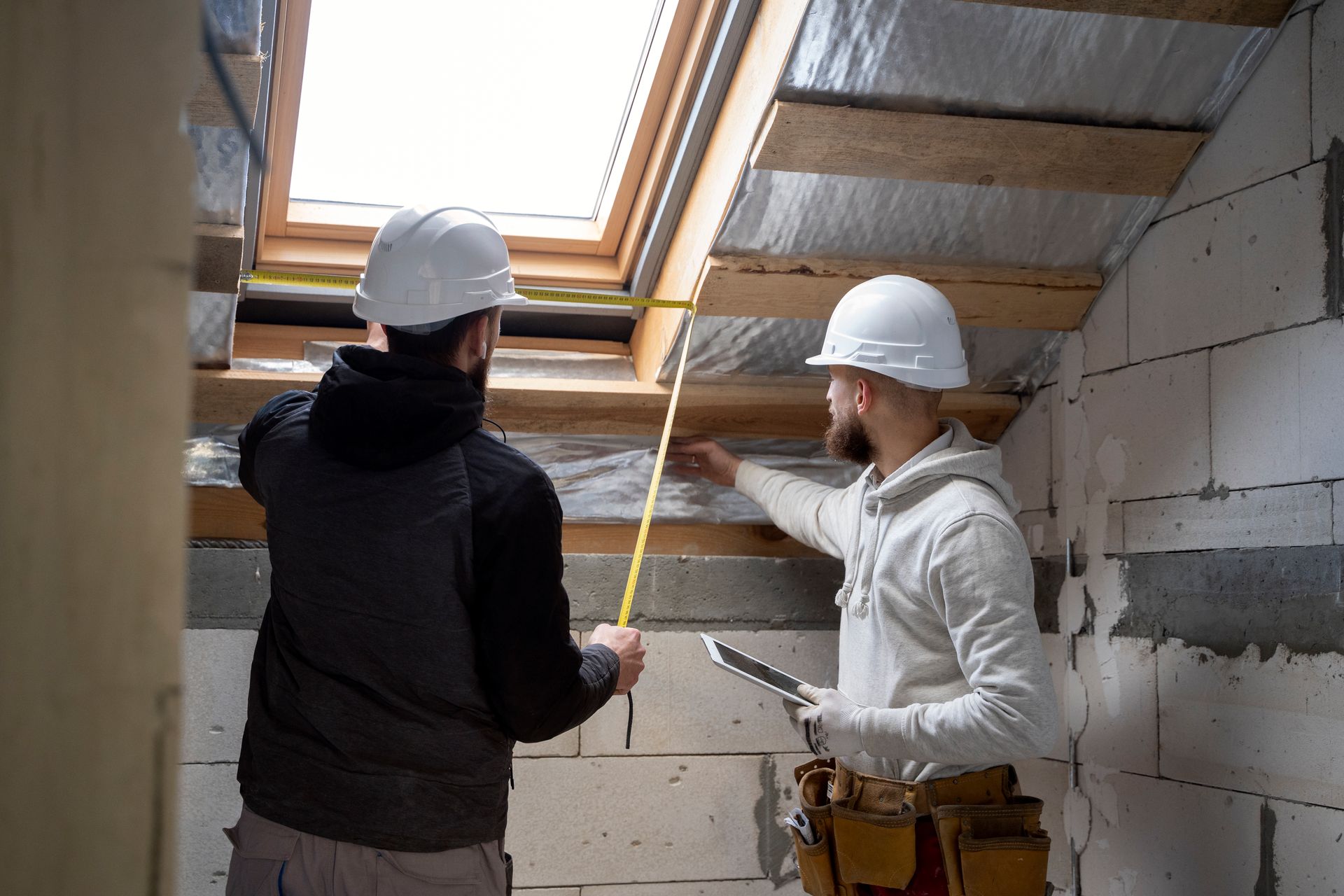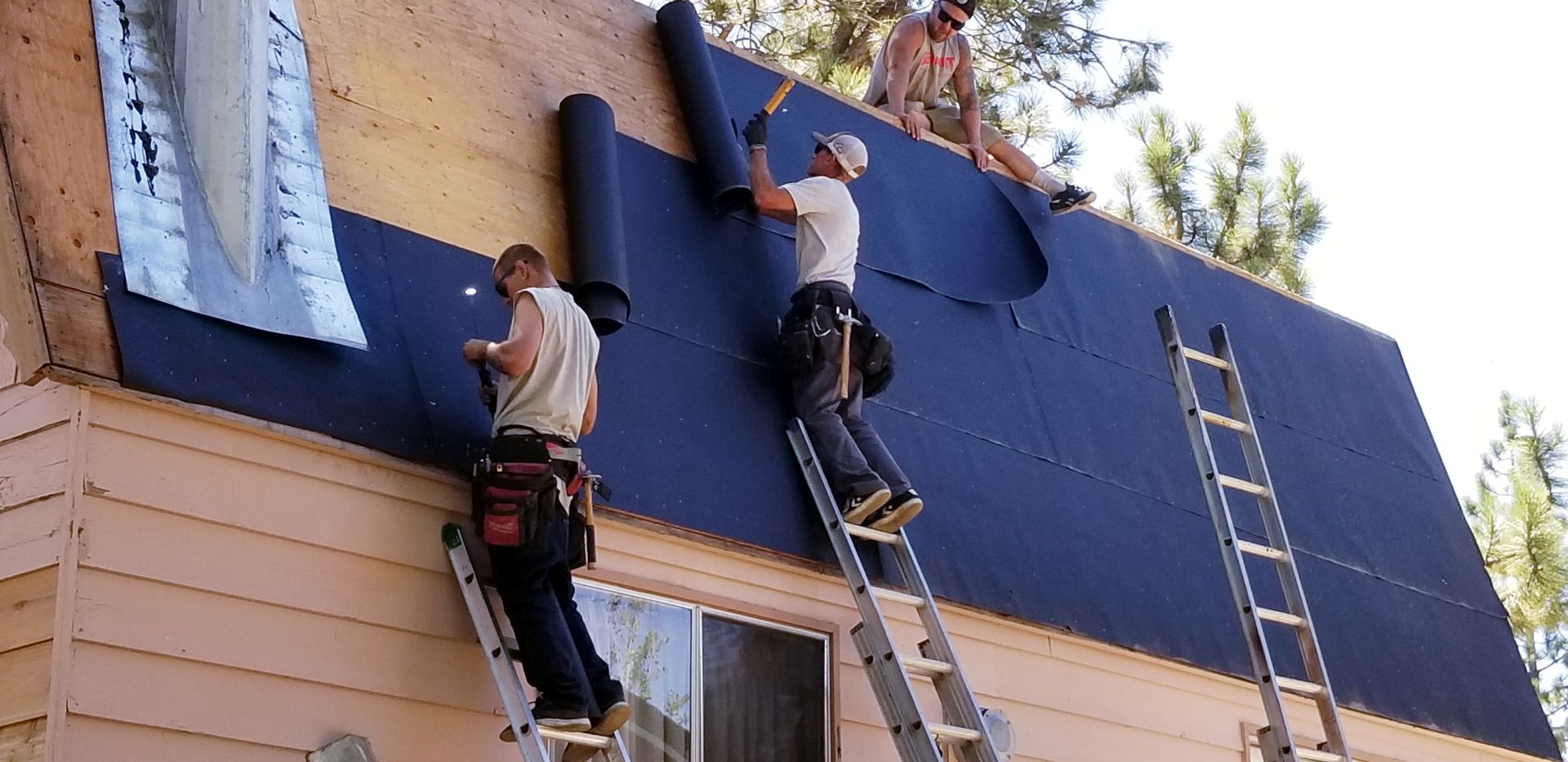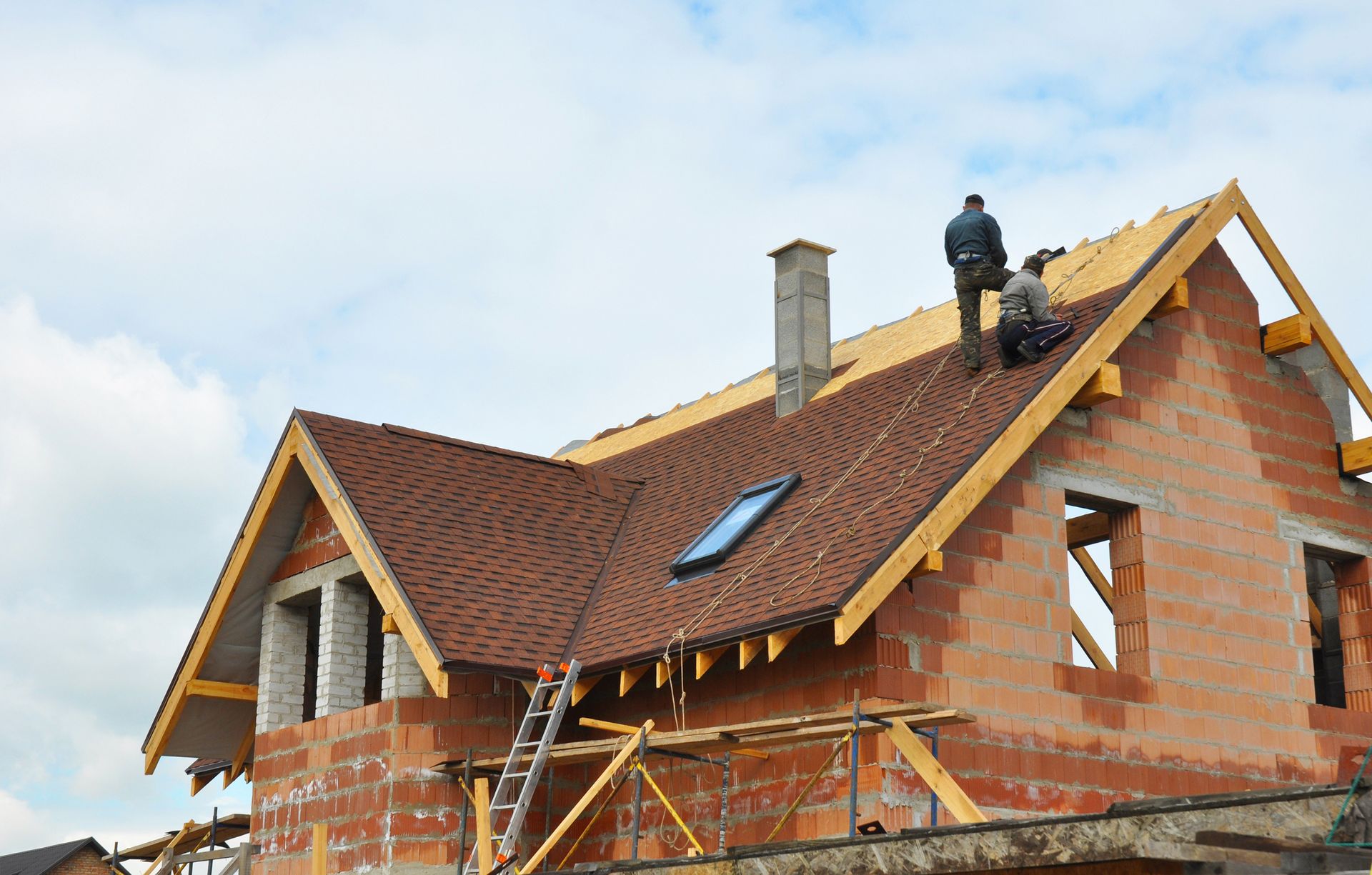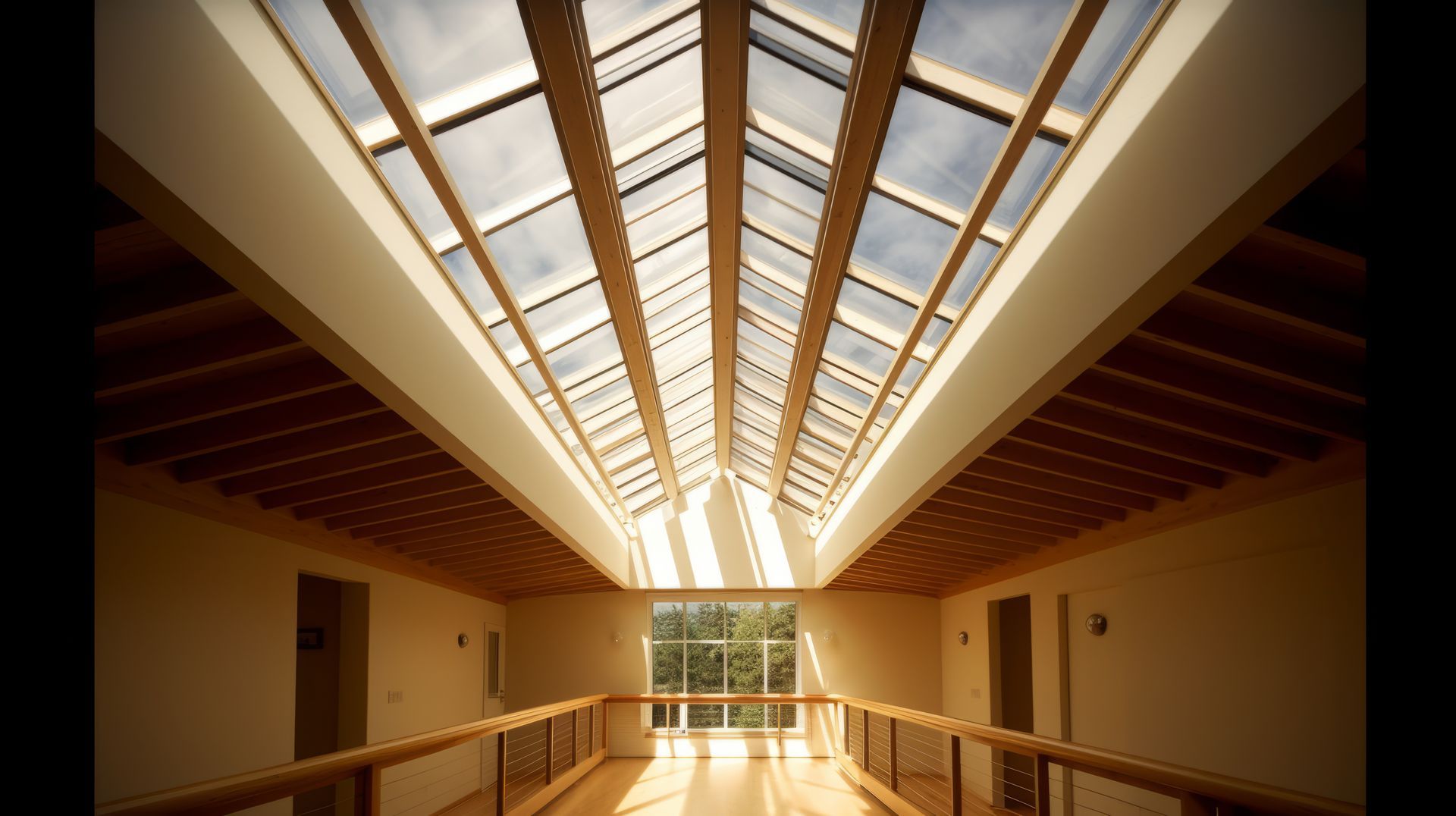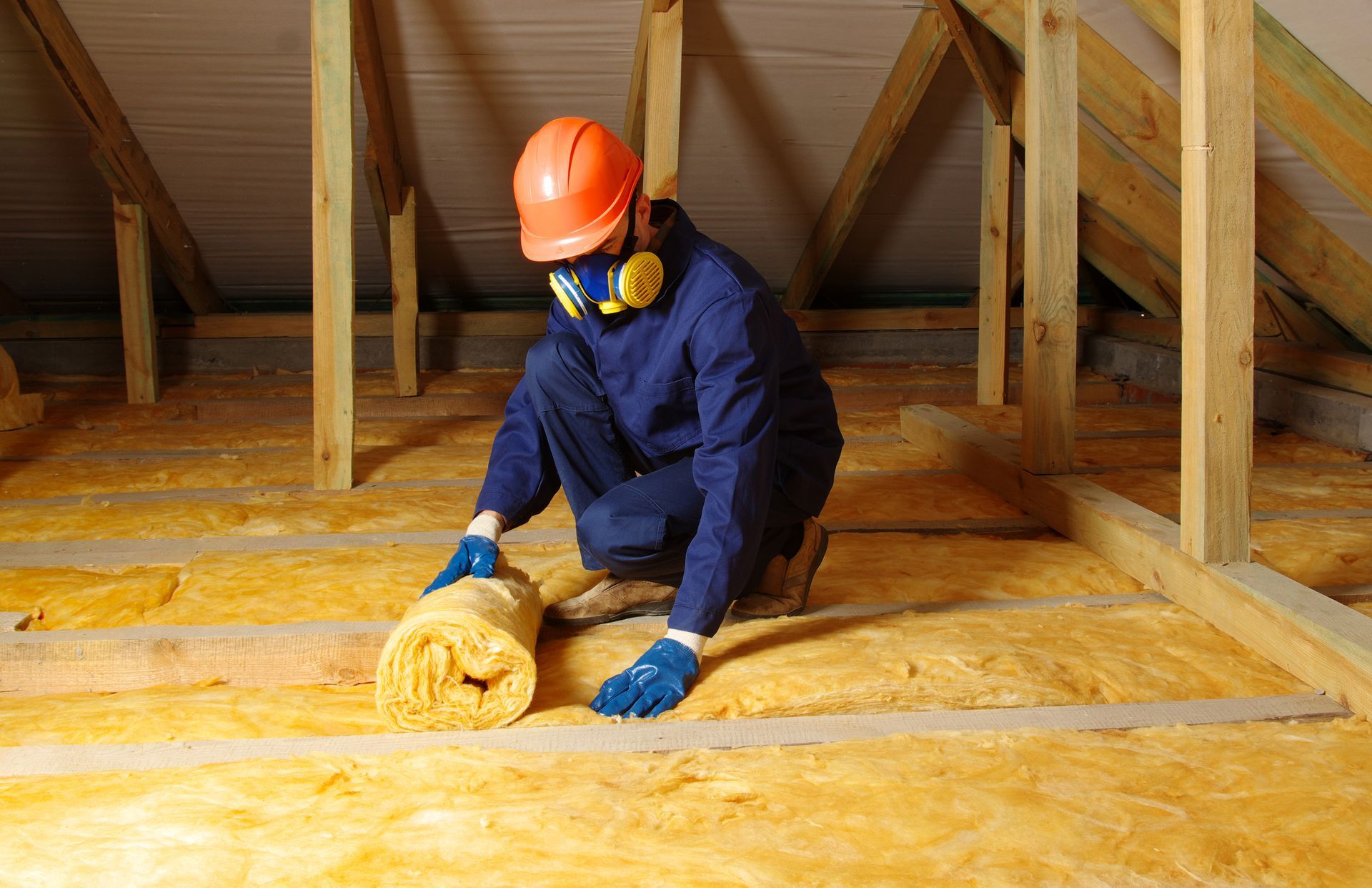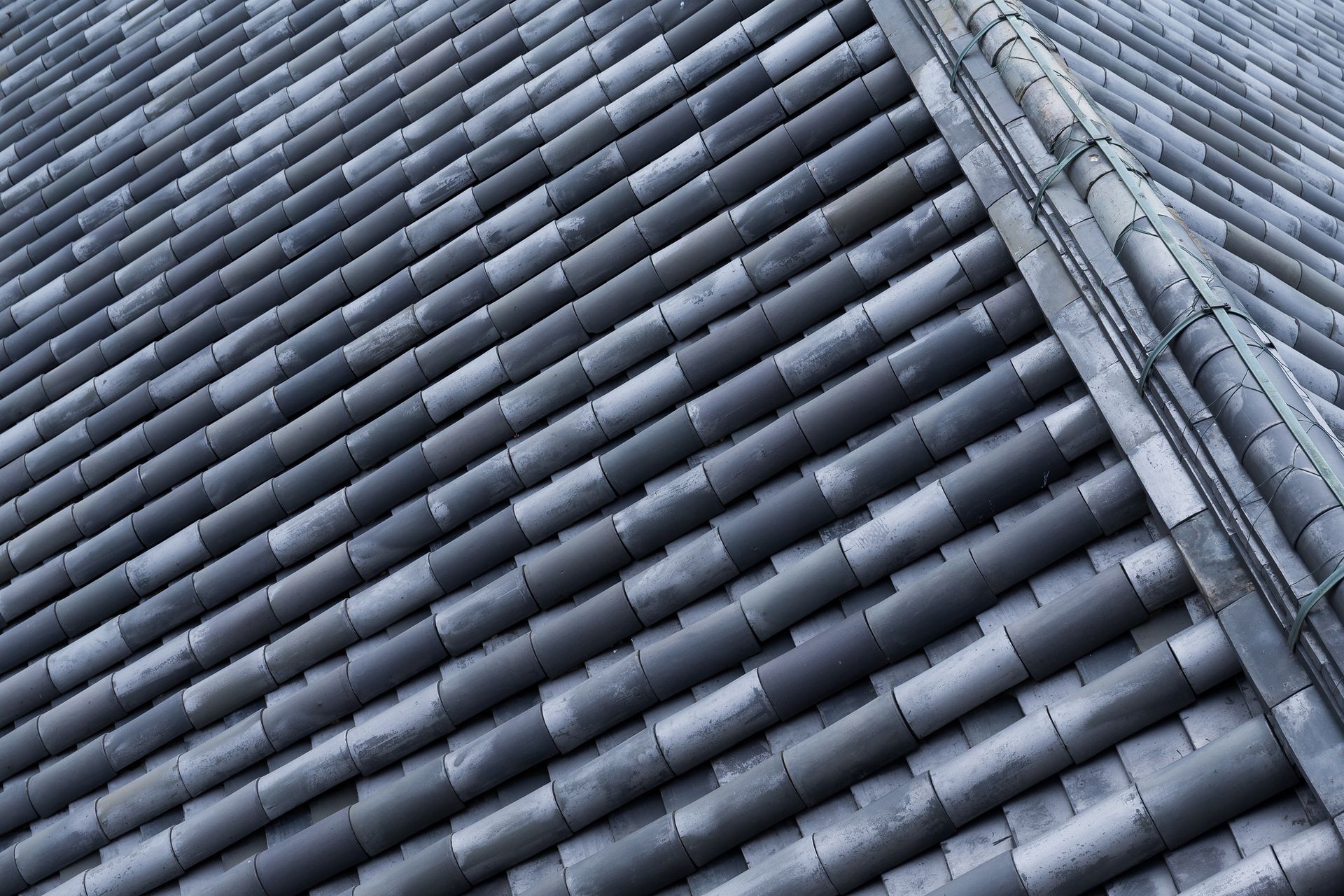Understanding the Different Types of Commercial Roof Coatings
As a property owner or manager, keeping your commercial building in top condition should be one of your top priorities. One critical aspect of maintaining your property is ensuring that the roof remains in excellent shape. With the right roof coating, you can protect your commercial roof from the elements, increase its lifespan, and potentially save on energy costs. In this blog post, we'll explore the different types of commercial roof coatings available and their unique benefits. By understanding these options, you'll be better equipped to make an informed decision that best suits your property's needs.
1. Acrylic Roof Coatings
Acrylic roof coatings are water-based and made from acrylic polymers. These coatings are popular due to their affordability and ease of application. Acrylic coatings are UV-resistant, which helps protect your roof from the sun's harmful rays while also reflecting heat away from the building. This can lead to lower energy costs and a more comfortable indoor environment. However, acrylic coatings may not be suitable for areas with heavy rainfall, as they can lose some of their effectiveness when exposed to water for long periods.
2. Silicone Roof Coatings
Silicone roof coatings are known for their durability and excellent weather resistance. They are particularly well-suited for buildings in areas with high levels of moisture or extreme temperature fluctuations. Silicone coatings form a seamless, waterproof barrier that can withstand ponding water, making them an ideal choice for flat roofs with poor drainage. Additionally, silicone coatings are UV-resistant and can help reduce energy costs by reflecting sunlight away from the building. While silicone coatings tend to be more expensive than acrylic ones, their long-lasting performance can make them a worthwhile investment.
3. Polyurethane Roof Coatings
Polyurethane roof coatings come in two main types: aromatic and aliphatic. Aromatic polyurethane coatings are generally more affordable and provide excellent water resistance. However, they are not as UV-resistant as other coating options, which may result in a reduced lifespan. On the other hand, aliphatic polyurethane coatings are more expensive but offer superior UV resistance and color retention. These coatings are also highly durable, making them an excellent choice for high-traffic areas or roofs exposed to abrasive conditions.
4. Asphalt Roof Coatings
Asphalt roof coatings, also known as bituminous coatings, are made from asphalt emulsions or solvent-based mixtures. These coatings are well-suited for older roofs that require additional waterproofing and protection. Asphalt coatings can help to seal small cracks and prevent water infiltration, prolonging the life of your roof. However, they may not be as energy-efficient as other coating options due to their dark color, which can absorb heat and increase the building's temperature.
Elastomeric roof coatings are made from various materials, including acrylic, silicone, and polyurethane. These coatings are known for their flexibility, which allows them to expand and contract with the roof as temperatures change. This can help to prevent cracks and leaks, ensuring that your roof remains in excellent condition for longer. Elastomeric coatings are also UV-resistant and can help to reduce energy costs by reflecting sunlight away from the building.
In conclusion, there are several types of commercial roof coatings available, each with its unique benefits and drawbacks. By understanding these options and considering factors such as your building's location, climate, and the condition of your roof, you can make an informed decision that best suits your property's needs.


